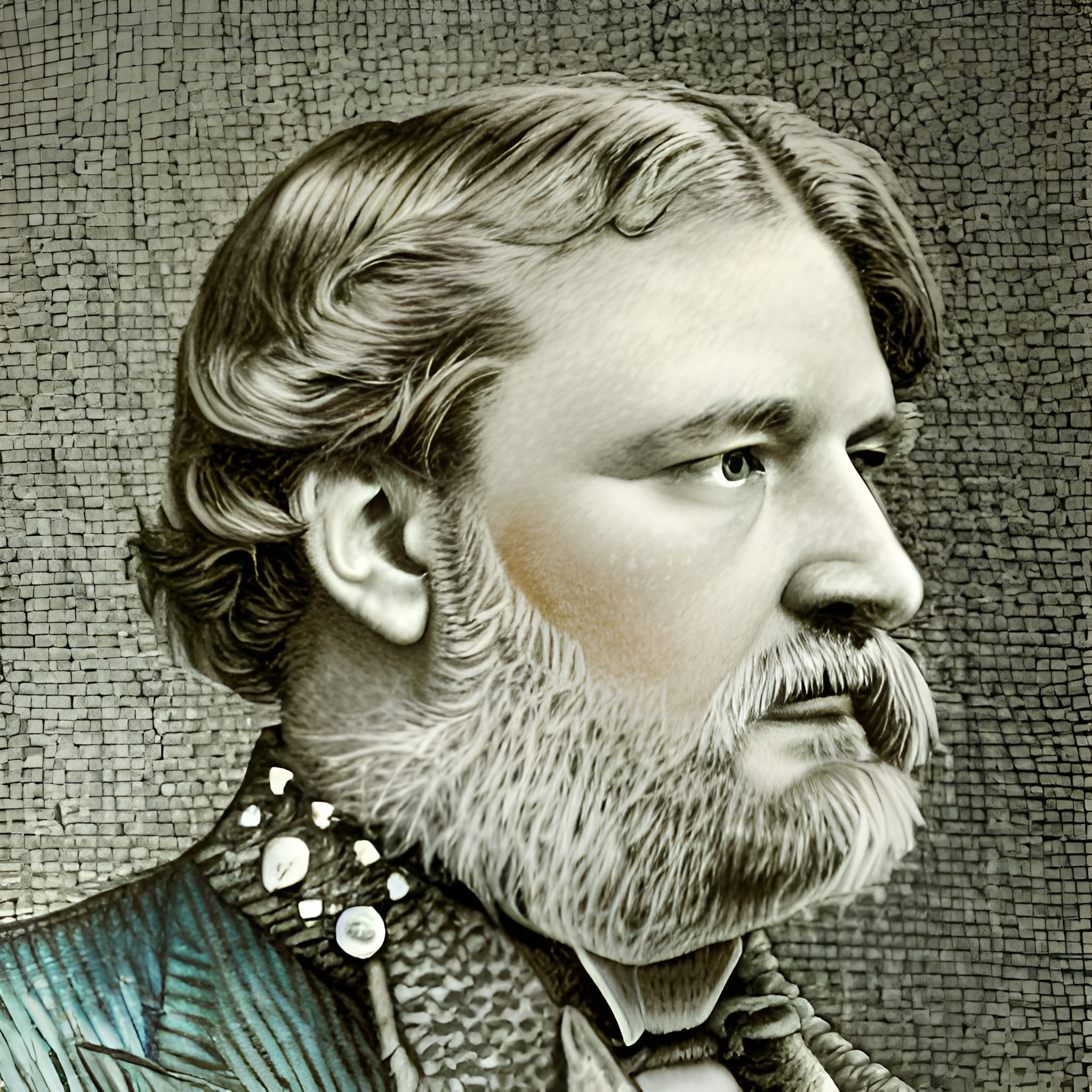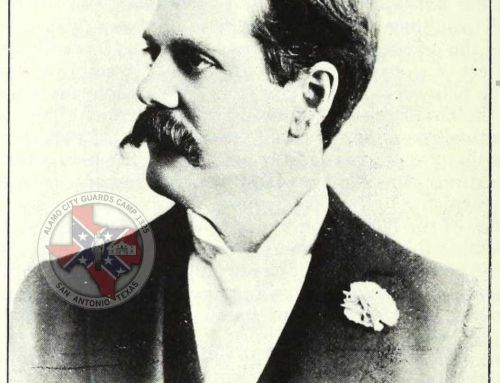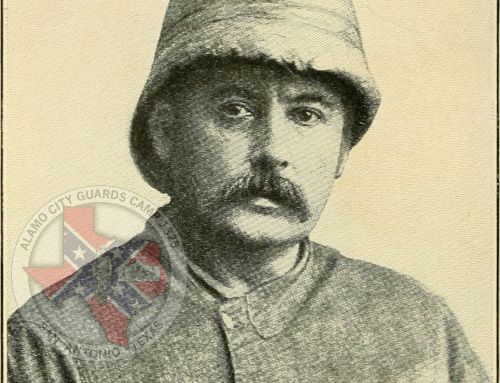Early life and career of the Old Rock, Henry Lewis Benning
Henry Lewis Benning, the Old Rock, was an American lawyer and military leader who played an important role in the Confederate States of America during the American Civil War. Born on April 2, 1814, in Columbia County, Georgia, Benning grew up on a plantation and received a classical education. He went on to attend the University of Georgia, where he studied law and graduated in 1834.
Political views and role in the Confederate States of America
After graduation, Benning began practicing law in Columbus, Georgia. He quickly gained a reputation as a skilled and effective lawyer, passionately defending the rights of the people. He was also active in local politics, and he became a staunch supporter of the Democratic Party.
Elected to the Georgia House of Representatives in 1851, Benning quickly made a name for himself as a conservative Democrat. Strongly committed to states’ rights, he argued that the federal government had no right to interfere in states’ affairs. A vocal opponent of the Compromise of 1850, he believed it was a violation of the principles of states’ rights.
Benning’s views on states’ rights and the role of the federal government made him a natural ally of the Southern states when the issue of secession arose in the wake of the election of Abraham Lincoln as President in 1860. When Georgia voted to secede from the Union in January 1861, Benning was one of the state’s most ardent supporters.
Military career and accomplishments during the American Civil War
At the outbreak of the Civil War, Benning joined the Confederate Army as a private. Quickly promoted to the rank of colonel, he was assigned to lead the 17th Georgia Infantry Regiment. Benning was a skilled and effective commander. He led his men in several important battles, including the Battle of Sharpsburg and the Battle of Gettysburg.
Benning’s men and fellow officers respected him for his courage & bravery on the battlefield. He was also a gifted strategist, and he played an important role in several Confederate victories. However, his flaws included stubbornness and a tendency to clash with his superiors.
Views on states’ rights and the Southern way of life
Although Benning achieved much in the military, his views on states’ rights and the role of the federal government are perhaps his most notable contribution. He was a passionate defender of states’ rights arguing that the states had the right to secede from the Union and form their own government. He believed that the federal government had no right to interfere in the affairs of the states. The Old Rock was a vocal opponent of federal laws that he believed were unconstitutional.
Benning was also a strong advocate for the Southern way of life. He believed that the South was a unique and distinct region, with its own culture, values, and traditions. He argued that the South had a right to preserve its way of life, and he opposed any efforts to impose Northern values or culture on the region.
Although many in the Confederacy widely respected Benning’s views on states’ rights and the Southern way of life, they also caused controversy around him. Many considered his outspoken defense of the Confederacy and his belief in the righteousness of the Southern cause misguided and dangerous. Furthermore, his opinions on race were controversial, and he opposed abolitionism while promoting the idea of the inherent superiority of the white race.
Post-war Life and Political Involvement of the Old Rock
After the Civil War, Benning returned to Georgia and resumed his law practice. He was also active in local politics, and he became a vocal opponent of Reconstruction policies. He argued that Reconstruction was a violation of the principles of states’ rights and that it was an attempt by the federal government to impose Northern values on the South.
Despite his opposition to Reconstruction, Benning did eventually take an oath of loyalty to the United States government in 1868, as required by the Reconstruction Acts. He kept practicing law and participated in several legal cases that had significant implications for the South. He also served as a delegate to the Democratic National Convention in 1872.
Benning died on July 10, 1875, in Columbus, Georgia, at the age of 61. Buried in Linwood Cemetery in Columbus, his legacy is continued to be debated and contested to this day.
Although Henry Lewis Benning undoubtedly possessed skill as a lawyer and military leader, his legacy is complex due to his controversial views on states’ rights and the Southern way of life. While some view him as a hero who fought to defend the South against Northern aggression, others see him as a defender of slavery and white supremacy. As with many figures from history, the truth lies somewhere in between, and Benning’s legacy continues to be debated and discussed by historians and scholars today.






